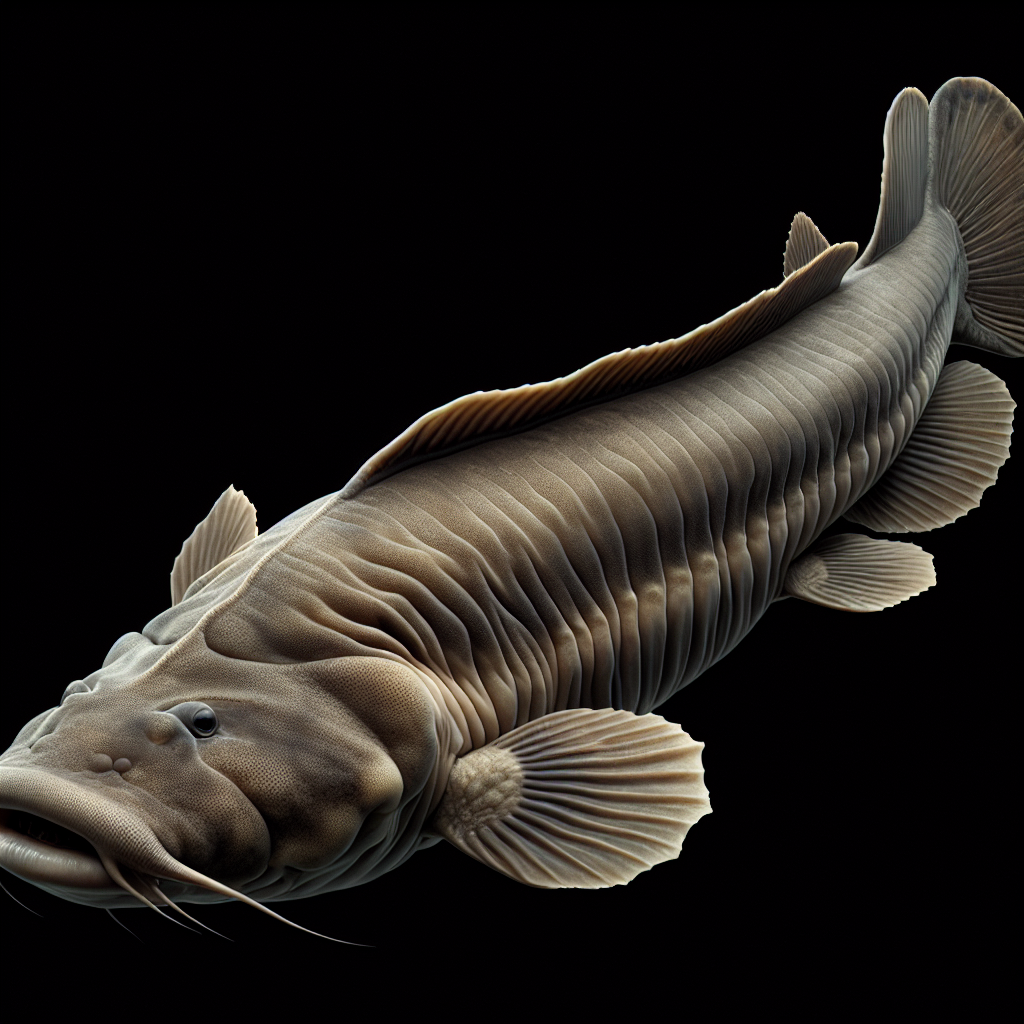South American Lungfish: Guardian of the Largest Genome
The South American lungfish, found in slow-moving waters of South America, holds the title for the largest genome of any animal. This living fossil, closely related to the first land vertebrates, has a genome size approximately 30 times that of humans. Scientists have successfully sequenced this genetic marvel.

The South American lungfish, a marvel of the scientific community, has the largest genome of any animal, researchers have found. Inhabiting the stagnant waters of South America, this freshwater species is considered a living fossil, tracing its lineage back more than 400 million years.
Known scientifically as Lepidosiren paradoxa, this lungfish is the closest existing relative to the first vertebrates that ventured onto land. It boasts a genome size that is roughly 30 times larger than that of humans, a breakthrough fact highlighted by scientists through successful sequencing.
This remarkable discovery not only deepens our understanding of vertebrate evolution but also accentuates the unique biological characteristics that have allowed the South American lungfish to persist through various geological eras.
(With inputs from agencies.)
ALSO READ
South American World Cup Qualifiers: Stars Return for Crucial Matches
Biden's Final Diplomatic Frontier: South America Visit Amidst Trump Transition
Biden’s South American Farewell Tour: Navigating a Trumped Future
South American Soccer Drama: Messi and Vinicius Miss Opportunities
Biden's South America Farewell: Navigating a New Era










